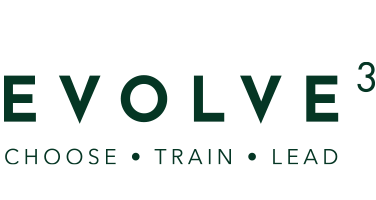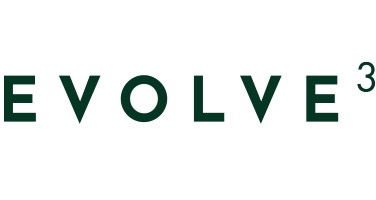
31 Jul Why SMART goals matter
It’s quite common for team leaders to be frustrated that their staff aren’t fulfilling workplace tasks and responsibilities to the required standard. When I’m coaching team leaders, I start by asking them to tell me exactly what they want from their staff. If they struggle to define what the performance standard is, I like to introduce them to SMART goal setting.
SMART goal setting principles are a widely recognised and effective framework for defining and achieving objectives in various aspects of life, including personal development, education, and professional endeavours. SMART is an acronym that stands for Specific, Measurable, Achievable, Relevant, and Time-bound. Each component plays a crucial role in creating clear, actionable, and realistic goals.
Specific refers to the clarity and precision of the goal. A well-defined goal should answer the five W’s: What do you want to achieve? Why is it essential? Who is involved? Where will it happen? When will it be accomplished? The more specific the goal, the better, as it provides a clear direction for planning and execution.
For example: A Front of House (FOH) Manager might set a specific goal with a waiter to increase their customer average spend in their section (the what). Because wage costs are increasing, and we need to maintain budgeted wage cost percentages against revenue to ensure profitability (the why). Every shift you work, I expect you to utilise your suggestive selling skills training at the appropriate points in our sequence of service with the guests in your section (the who, where and when).
Measurable means that the goal must have a quantifiable outcome. It ensures both you and your team member can determine whether the goal has been accomplished and helps maintain motivation throughout the process. Ask yourself ‘what does good look like?’.
Taking the previous example, the FOH Manager might quantify the specific goal of increasing customer average spend by stating that you’ll measure their performance by assessing mystery shopper survey feedback for suggestive selling prompts being used and a $2.50/head increase in customer average spend.
Achievable focuses on setting realistic and attainable objectives. Goals should be challenging enough to inspire growth and development, but not so overwhelming that they become unattainable. Assessing resources, skills, and time constraints is vital to ensure that the goal is feasible.
For example: the FOH Manager might negotiate the measurable target in steps with some further coaching of the team member in specific selling techniques in line with the current menu offer.
Relevant emphasises the importance of aligning the goal with your broader aspirations and values. It’s essential to ensure that the goal is meaningful and contributes to your overall objectives. Relevance helps maintain focus and increases the likelihood of commitment and dedication.
I find it helpful to align my needs with my staffs’. In this example, a manager’s KPIs are likely to be achieving budgeted profit & wage cost targets. I might tell my waiter that for them to keep working the shifts they prefer; I need them to achieve the average spend target.
Time-bound sets a clear deadline for accomplishing the goal. A specific timeframe creates a sense of urgency and provides a sense of structure to the goal-setting process. Deadlines also help in breaking down the goal into manageable tasks and avoiding procrastination.
As a team leader, if you don’t set a deadline for completion, you can’t easily follow up and hold people accountable. This can set up the perfect excuse ‘It’s on my list, I’m doing it tomorrow, next week etc.’.
Key Take-aways:
SMART goal setting principles provide a systematic approach that increases the chances of success. By being Specific, Measurable, Achievable, Relevant, and Time-bound, goals become well-defined, motivating, and realistic. Implementing these principles gives your staff the information they need to take ownership and measure their own performance to your standards. It’s likely they will pursue goals with greater focus and determination. Whether in personal growth or professional development, SMART goals are a powerful tool for defining exactly what needs to be done.
Consider attending our How To Lead, How To Train or Productivity Masterclass workshops to learn more about quality leadership communication techniques to help you get the best out of yourself and your team.



